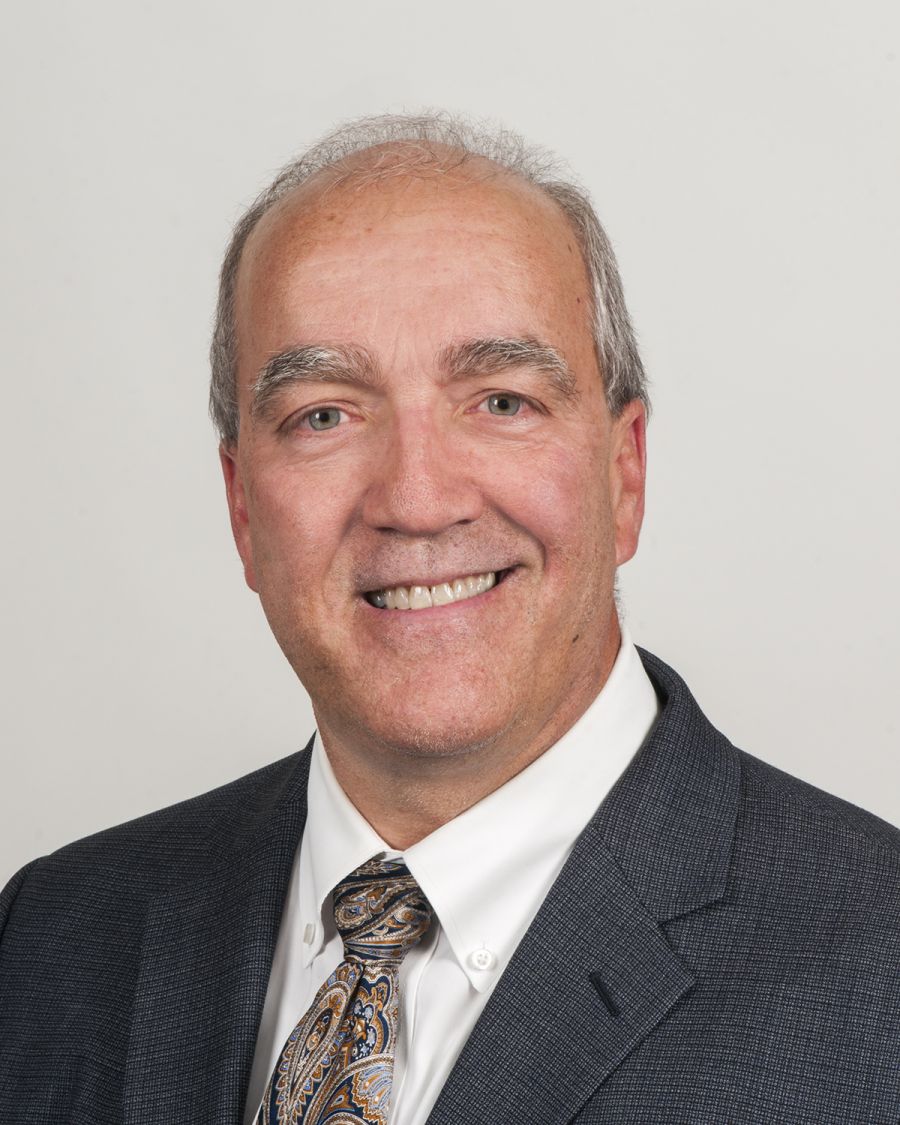


It’s not every day that the Surgeon General comes calling. But on May 2, Waubonsee Community College had the honor of hosting United States Surgeon General Dr. Jerome Adams as he addressed a community forum convened by U.S. Congressman Randy Hultgren regarding the opioid crisis that is challenging America. While his presence is not an everyday occurrence in our community, it is striking that his comments focused on everyday occurrences for many throughout our community. Daily throughout this land, thousands are wrestling with the challenge of living with drug and alcohol problems, not just with opioids but with other substances including prescription drugs, synthetic drugs, cocaine, marijuana, and alcohol. While his comments touched on many aspects of these challenges, there are two that make this crisis particularly difficult to resolve. One is the tendency to stereotype, the second is the influence of stigma.
The first challenge is the tendency to stereotype, to think that substance use problems don’t happen to people like me or in families like mine. When it happens, it happens to others - not me. The reality is that substance use disorders are truly nondiscriminatory. They occur among all people regardless of gender, race, ethnicity, religious affiliation, income status or geography. In the thirty-plus years I have been working in the substance use treatment field I have yet to meet anyone who deliberately set out to develop problems with mood-altering substances, i.e., drugs or alcohol. In discussing his brother’s problem with substances, Dr. Adams reinforced the reality that substance problems occur everywhere, in every family. When we see this as a problem that only affects others, it is easy to ignore and look the other way. When we understand that it happens in all families, that it can happen to me, the challenge becomes personal. This personal understanding makes it possible to change our attitude from apathy to care and concern - important first steps in resolving this crisis.
Closely related to the tendency to stereotype is the presence and power of stigma, of critical judgments that we make about individuals with substance use disorders. Recent surveys suggest that most Americans believe that addiction is a medical disease but are wary of individuals with the condition. Like other behavioral health problems, their presence is usually accompanied by confusion, fear and embarrassment. We don’t really understand it and the behaviors that accompany substance use disorders lead us to avoid the person with the condition. We don’t see them as having a medical condition, we see them as being bad, weak or lacking morals. Individuals with the condition attempt to keep it hidden from others to avoid critical judgment and ostracism. Family members work to keep the problem hidden from others to avoid judgment of both the individual and the family. It is hidden from family, friends, employers, co-workers, clergy, medical professionals, shutting out potential resources for recovery. The problem is hidden from view – no one needs to know. As noted by Dr. Adams, recovery is possible, but only when the problems are no longer hidden, but acknowledged and help is made available.
Help is available in many forms including medication to reverse overdoses, medical treatment to detoxify and stabilize individuals, inpatient and outpatient treatment programs, recovery homes, recovery coaches, and community supports like Alcoholics Anonymous or Celebrate Recovery, to name a few. For individuals wrestling with this problem and family members and friends concerned about a loved one, having somewhere to go or someone to talk to can be an important first step to getting past stereotypes and stigma to respond to this challenge. Qualified substance abuse counselors fill that role, providing information, support, resources and treatment to help move from active substance use to recovery. As an accredited addiction counselor training program, Waubonsee Community College prepares individuals to become Certified Alcohol and Other Drug Abuse Counselors in Illinois to respond to this challenge. Barriers to treatment and recovery are broken down, and help is provided to those in need. Additional information on the addiction counselor training program and other human service careers can be obtained through the Division of Health Professions and Public Services. Visit http://www.waubonsee.edu/humanservices to learn more about the Human Services Programs at Waubonsee.

